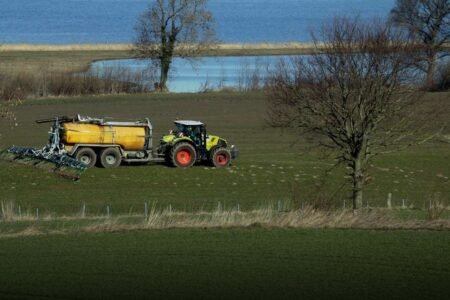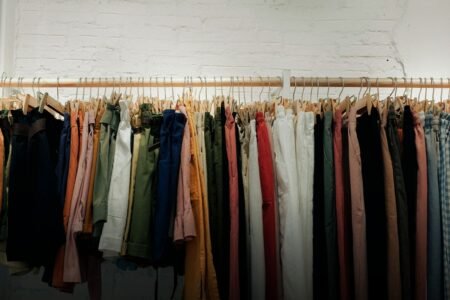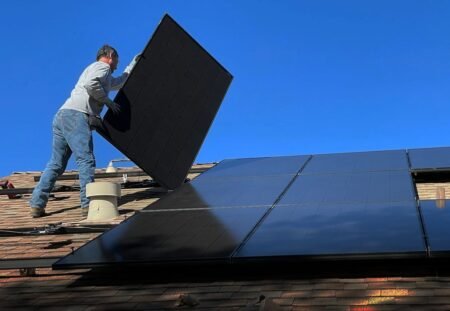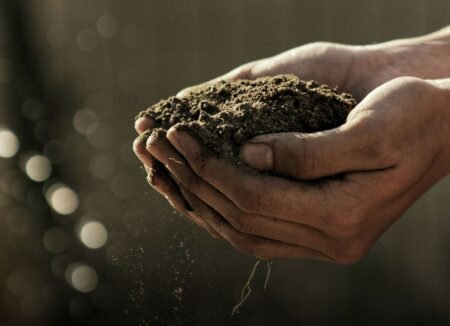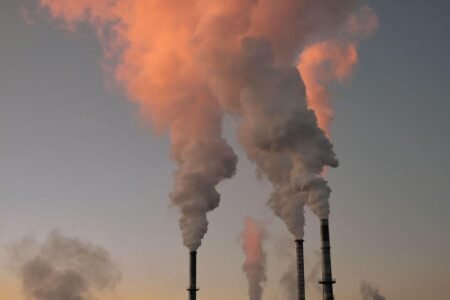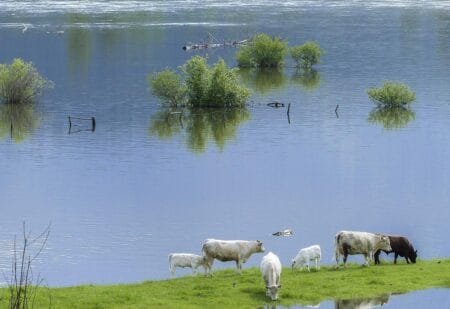Today, the European Commission launched a package aimed at “simplifying” the Common Agricultural Policy (CAP), including some provisions in the Good Agricultural and Environmental Conditions (GAEC).
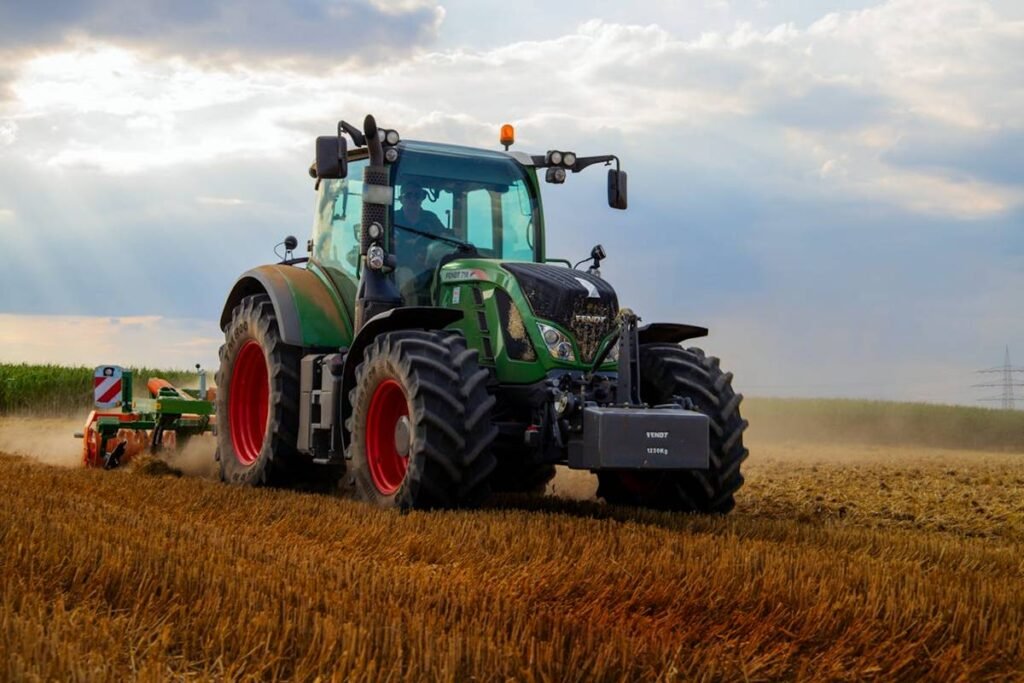
Rather than genuinely making rules simpler, this move appears to be a veiled attempt to weaken the few remaining environmental safeguards within the CAP – posing serious consequences for both farmers and nature.
Giulia Riedo, Sustainable Food Policy Officer at the WWF European Policy Office, said: “Labelling the weakening of the Good Agricultural and Environmental Conditions as ‘simplification’ is quite misleading. Watering down the limited protections for natural resources does not make farmers’ lives easier, quite the contrary, as they face growing challenges from heatwaves and floods. In reality, this is a slap in the face to vulnerable farmers and another blow to nature – completely at odds with the Commission’s claimed support for the European Green Deal.”
Why it does not look good
European Commissioner for Agriculture and Food, Christophe Hansen, has made a few proposals that would seriously undermine the few green measures left in the CAP. These include:
- Revision of GAEC 1: The Commission is proposing to lower the protection of permanent grasslands, allowing for a grassland reconversion obligation buffer of 10% instead of 5%. This risks undermining EU climate and biodiversity objectives, as grasslands – together with forests, wetlands and peatlands – constitute an important biodiversity hotspot and carbon sink on land. These rules can seriously undermine the services that permanent grasslands provide to farmers such as preventing soil erosion and supporting pollination.
- Revision of GAEC 2: On a positive note, GAEC 2 has been largely retained, with the European Commission requiring farmers to maintain peatlands and wetlands, which can store even more carbon than all the forests in the EU. However, the devil is in the detail: the Commission is leaving the level of protection for these crucial ecosystems at the discretion of Member States, rather than ensuring a standard level of protection across the EU.
- Revision of GAEC 4: The Commission is allowing Member States to apply their own definition of watercourses, although, fortunately, such definitions should not exclude small watercourses – otherwise, this could pose a significant threat to the non-pollution objective of the GAEC. The Commission should provide a baseline definition of watercourses in line with the principles and objectives of the Water Framework Directive, particularly to prevent the deterioration of water basins and achieve good status.
- Removing articles 120 and 159 from the CAP Strategic Plans Regulation: With this decision, we are witnessing the weakening of the green backbone of EU legislation, as the CAP Strategic Plans are being exempted from compliance with new environmental laws. This move will undermine the legitimacy of the CAP budget in comparison to other sectors. Why is agriculture receiving special treatment when it comes to complying with EU and international goals, such as decarbonisation and soil health?
- Exempting small farmers from protecting natural resources: The Commission is now exempting small farmers from complying with conditionalities. All farmers should look after natural resources and be responsible for the impact their practices ultimately have on citizens. Member States will need to be cautious in how they define ‘small farmers’ at the national level, in order to avoid creating excessive unfair treatment within the single market.
- Creating “crisis payments”: The European Commission has introduced additional post-disaster payments within the direct payments package. Unfortunately, this move further erodes the already limited set of prevention tools available to address natural disasters and adverse climate events. The European Commission is indeed slowly dismantling the GAEC system and creating competition with funds for eco-schemes.
What’s next?
The package will be up for vote in the European Parliament and Council in the coming months, during which both institutions may introduce new amendments. “The real danger of this package is that it opens the door for anti-nature decision-makers to get their hands on the Common Agricultural Policy and scrap even more environmental protections. This could accelerate the destruction of our landscapes and make life even more precarious for farmers who depend on healthy ecosystems to survive,”Riedo concluded.



